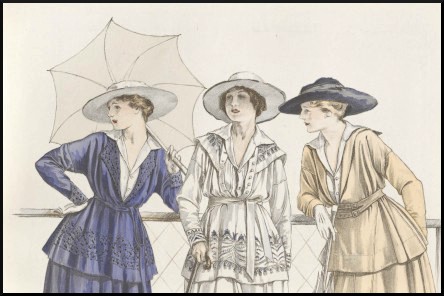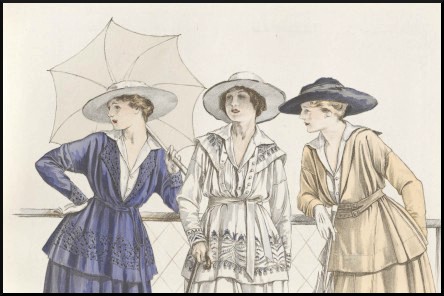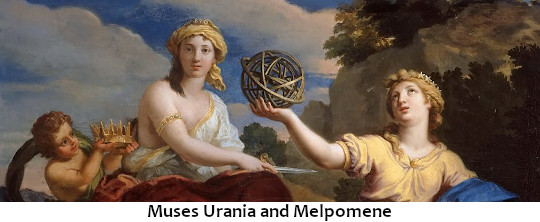C. M. Marshton? Dixon Lanier Merritt? Ogden Nash? Jeff McLemore? Bennett Cerf? Anonymous?

Question for Quote Investigator: A comical poem about the pelican uses a creative rhyming scheme with the word “pelican” matched to the invented words “belican” (belly can) and “helican” (hell he can). Would you please explore the provenance of this work?
Reply from Quote Investigator: The earliest instance of this poem known to QI appeared in “The Tampa Morning Tribune” of Florida on April 2, 1913. The words were ascribed to C. M. Marshton. Boldface added to excerpts by QI:1
It has remained for one rhymer to produce one little “piece” that saves the season from utter mediocrity. This benefactor dwells in Chicago and he has written a classic–one which merits conspicuous publication in all the high-class literary journals. The author is C. M. Marshton, one of the editors of the Chicago Record-Herald, and the “poem” was written and sent by him to relatives who were spending the winter at St. Petersburg . . .
At the risk of infringing on a copyright, the Tribune prints the masterpiece of the Florida poetry season of 1912-13. Here it is:
A gorgeous bird is the pelican,
Whose beak will hold more than his bellican.
He can put in his beak
Food enough for a week.
But I’m d—- if I see how in hellecan.
C. M. Marshton is the leading candidate for creator of this poem based on current evidence.
Below are additional selected citations in chronological order.
Continue reading “Quote Origin: A Gorgeous Bird is the Pelican, Whose Beak Will Hold More Than His Bellican”



